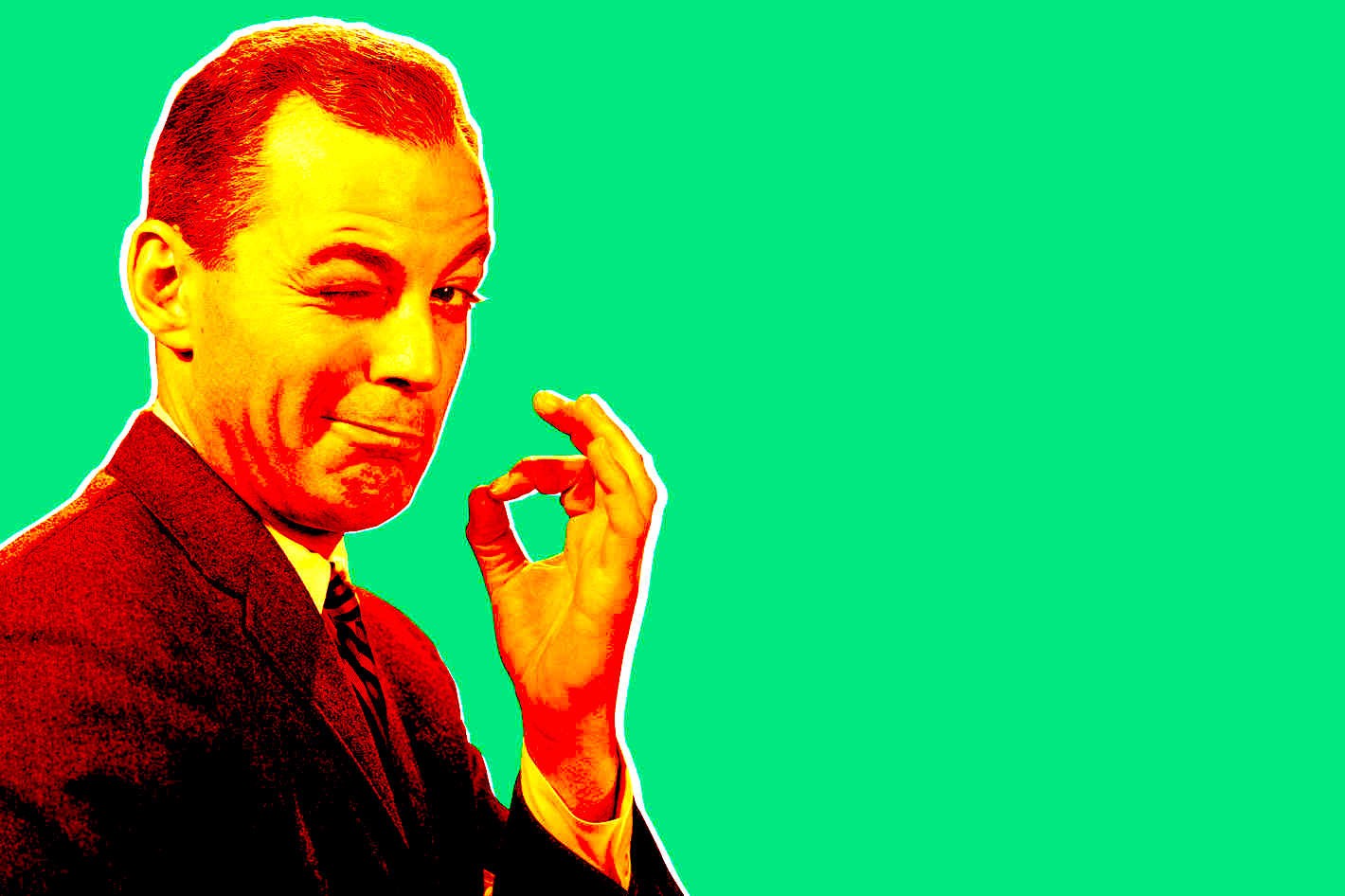More actions
Created entry. |
m Added image. |
||
| Line 4: | Line 4: | ||
New media tends to scatter us. With all this input, our output tends to be random and unfocused. Social media sites like Facebook seem to encourage us to express all facets of our personalities, and while this might be interesting to our close circles of friends and family, no one else is likely to find it very engaging. The encyclopedic scope of the Internet tends to rub off on those of us who use it, making us generalists—arm-chair philosophers and politicians—who really don’t know too much about anything, but speak as if we do. The more expansive our reach, the less we are likely to hold. | New media tends to scatter us. With all this input, our output tends to be random and unfocused. Social media sites like Facebook seem to encourage us to express all facets of our personalities, and while this might be interesting to our close circles of friends and family, no one else is likely to find it very engaging. The encyclopedic scope of the Internet tends to rub off on those of us who use it, making us generalists—arm-chair philosophers and politicians—who really don’t know too much about anything, but speak as if we do. The more expansive our reach, the less we are likely to hold. | ||
<div class="res-img">[[File:Expert-ok.jpeg]]</div> | |||
In Writing for Digital Media, I assign a focused blog each semester. I ask my students to consider two aspects when deciding on a topic: (1) '''who they are''' and (2) '''what community they belong to'''. I ask them to focus on their expertise and on speaking to the community their knowledge most appeals to. Rather than trying to appeal to everyone, a blog should try its best to add to the conversation of a community of experts or aficionados. | In Writing for Digital Media, I assign a focused blog each semester. I ask my students to consider two aspects when deciding on a topic: (1) '''who they are''' and (2) '''what community they belong to'''. I ask them to focus on their expertise and on speaking to the community their knowledge most appeals to. Rather than trying to appeal to everyone, a blog should try its best to add to the conversation of a community of experts or aficionados. | ||
| Line 21: | Line 23: | ||
[[Category:06/2013]] | [[Category:06/2013]] | ||
[[Category:Professional]] | [[Category:Professional]] | ||
[[Category:New Media]] | |||
Latest revision as of 05:07, 30 January 2020
Refresh & Focus
I’m always telling my students to focus. It’s about time I took my own advice.
New media tends to scatter us. With all this input, our output tends to be random and unfocused. Social media sites like Facebook seem to encourage us to express all facets of our personalities, and while this might be interesting to our close circles of friends and family, no one else is likely to find it very engaging. The encyclopedic scope of the Internet tends to rub off on those of us who use it, making us generalists—arm-chair philosophers and politicians—who really don’t know too much about anything, but speak as if we do. The more expansive our reach, the less we are likely to hold.
In Writing for Digital Media, I assign a focused blog each semester. I ask my students to consider two aspects when deciding on a topic: (1) who they are and (2) what community they belong to. I ask them to focus on their expertise and on speaking to the community their knowledge most appeals to. Rather than trying to appeal to everyone, a blog should try its best to add to the conversation of a community of experts or aficionados.
The best blogs have a singular focus, and they stick to it. So, knowing oneself and one’s community is the first step to creating a blog that’s interesting and useful.
So, who am I? Well, my Ph.D. is in literary studies, so the focus of this blog needs to be literature. What are some other aspects of this? Where else do I have expertise?
Perhaps the best way to describe myself right now, in the summer of 2013, is that I’m a digital humanist. I’m an educator. My interests and expertise lay somewhere within the intersection of art and science. My teaching and learning are about digital humanities. This needs to be the focus of this blog. (I’ll say more about digital humanities and being a curator in future posts.)
I spent the last week making these changes: cutting out the old miscellany—posts on religion, politics, etc.—that I’m not an expert in. Most of these I moved to a more appropriate space. I ditched all of these categories and focused on the topics that I can claim some expertise. I also chose a new theme for the blog, one that emphasizes reading and the nature of the blog. It’s a blog and doesn’t pretend to be any more. The medium shapes the content. So, there are my current areas of focus.
Maybe this isn’t focused enough. We’ll see. However, it is a vast improvement over the scattered forum it used to be. Maybe I’ll actually get some readers. Dream big.

